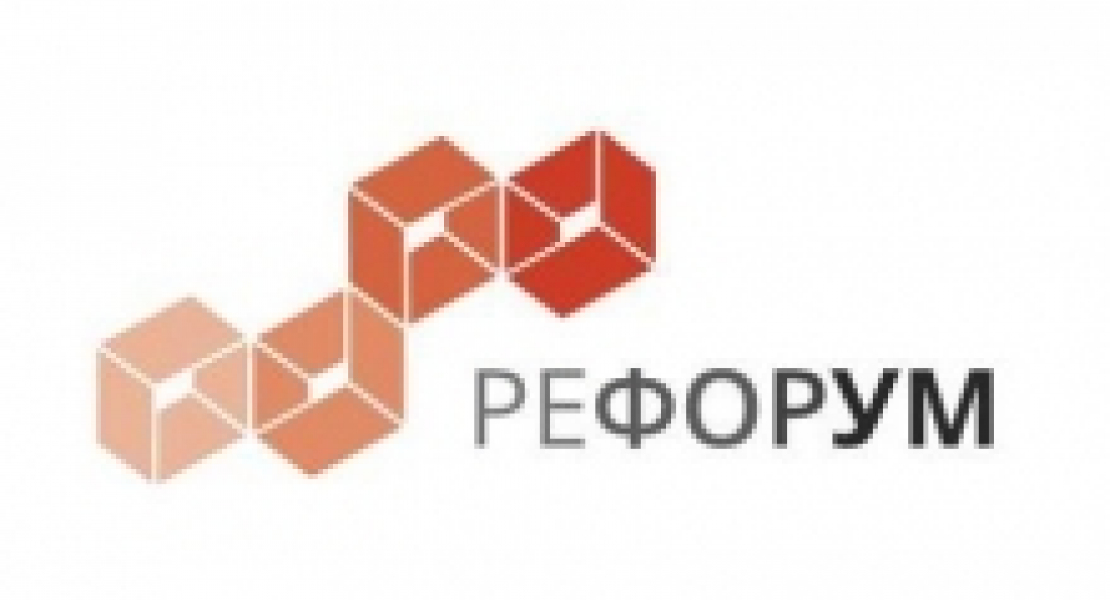The study on officials' attitude towards reforms that BISS conducted at the end of 2014 revealed a paradoxically high interest on behalf of representatives of state institutions in reforms per se and in diminishing state involvement in all avenues of social life. The economic downturn of 2015, presidential election, tense discussion about the need for structural economic reforms, Lukashenko's negative statements regarding reforms have cooled down officials. Their answers regarding the need for reforms have become more moderate. The share of those supporting greater state involvement in all avenues of social life has risen. At the same time, considering reforms in the economy as having priority over other spheres has become more noticeable, while the share of those believing that economic reforms should be implemented as soon as possible has also grown.
BISS presents the conclusions of the next (second) research wave conducted among representatives of: a) business (hereinafter called “entrepreneurs”); b) state power (hereinafter “officials”); c) civil society and political opposition. The first stage of surveys was conducted in September 2014, whereas the second one in the period from October 18 until November 2015. The method of individual structured face-to-face interview was employed, with the following numbers of respondents in each wave: business (50), state power (50), civil society and political opposition (100).
The maximum margin of error for one group was 11.6% (the representativeness level of 90%). Consequently, many differences that we found in the study are not statistically significant and can be considered only as trends. Being aware of those limitations and offering tentative conclusions, we, nevertheless, believe that this study helps to come closer to an understanding of group views and interests. Moreover, the results of the study should be regarded as meaningful because of the complicated access to respondents from the group “state power” and the fact that the 50 surveyed officials occupy important positions.
The study aimed to determine what attitudes the above-mentioned social groups, including officials, have towards reforms: to what extent they are viewed as necessary, what spheres are considered as requiring reforms and what are key priorities, who should develop and implement reforms. The comparison of the research results from 2014-2015 also gives an opportunity to understand whether the attitudes towards reforms have altered over time, given the changes in the country's political and economic situations.
Overall attitude towards reforms
In 2014, officials actively expressed interest in reforms, whereas in 2015, they started to express this interest in a more moderate way. The share of those who are absolutely certain of the need for reforms decreased from 50% to 42%, and the share of those who chose the answer “rather yes” to the question “In your opinion, does Belarus need reforms?” grew from 36% to 50%. At the same time, the share of those who consider reforms as “rather unnecessary” shrank significantly (from 14% to 4%).
Therefore, the demand for reforms remained; however, the uncertainty about the ways and methods of how to conduct them increased. The share of state officials unsure about the direction of reforms supports this conclusion. That is, 18% of state officials could not answer the question “Whether state involvement should increase or decrease?” (only 8% in 2014). Interestingly, however, the majority are still in favor of reducing state influence in various aspects of the country's life (the indicator remained at the level of 56%).
Reform priorities
According to the 2014 study results, officials considered the economy and the state governance system as key areas requiring reforms. The question about priority spheres in terms of reforming was asked from two perspectives: the respondents evaluated the importance of reforms for themselves/their government institution and the importance of reforms for the country in general. The challenging year of 2015 – from the economic point of view – cemented the certainty about the importance of economic reforms from both perspectives. The share of those who put the economy on the first place from the perspective of their own interests and the interests of their organization grew from 30% to 46%. The share of respondents who chose economic reforms as a priority for the entire country increased from 40% to 52%. Against the backdrop of the officials giving priority to the economy, the importance of all other spheres lowered. However, it is important to note this does not concern the state governance system: the share of those who put the reform in this realm on the first place almost did not change (24% in 2014 and 22% in 2015).
As the relevance of economic reforms increased, according to officials' perceptions, the urgency of reforming all other spheres diminished. In 2014, there were 70% of state officials who noted that a reform of the communal services system and transportation should be realized in the next 2 years, whereas today, there are only 42% of them. Reforming the communal services system and transportation ceded the second place in terms of urgency to reforming the state governance system: 36% of the respondents believe such a reform should be implemented as soon as possible. The urgency of reforming the educational system also significantly declined in officials' perceptions: now, 18%, and not 46% as before, think it should be reformed within 1-2 years.
Diagram 5. Speaking about the country in general and all citizens' interests, in your opinion, how urgently should reforms be conducted in the following spheres: (As soon as possible, within 1-2 years)
Developing and conducting reforms
Despite the changing priorities, the perceptions of who should design reforms and who can provide assistance almost did not alter. 78% of officials still believe that the government or governmental organizations should take part in preparing reforms. At the same time, there was a decline in the shares of those who are willing to rely on labor unions, professional organizations (from 30% to 22%) and independent experts, research centers (from 54% to 42%). Instead, officials are a bit more hopeful of international experts and international organizations.
As before, the majority of state officials count on Russian assistance in conducting reforms (34% – in 2014, 36% – in 2015) and international financial organizations (38% – in 2014, 34% – in 2015). Interestingly, however, the share of those awaiting assistance from the Eurasian Union decreased (from 22% to 10%) during the year; the degree of trust towards the European Union remained at the same level of 18%, but now, it is higher than trust towards the Eurasian Union.
There is a significant share of those who believe that Belarus does not need any aid in conducting reforms – 38%.
Some confusion regarding the need for reforms is reflected in personal willingness to participate in their preparation. The share of those who cannot characterize such willingness rose from 4% to 12%.
Fruitful cooperation between state officials and relevant stakeholders is a guarantee of successful reforms in any country. And fruitful cooperation with representatives of business circles and civil society is largely contingent on how such cooperation is viewed by state officials. In 2015, such perceptions did not change significantly. State officials gave a rather high evaluation of whether business is willing to participate in conducting reforms: 72% of officials believe that representatives of private businesses and business associations are ready to participate on equal grounds in the process of reforming the country. A more noticeable increase happened in how such willingness is evaluated in relation to non-governmental organizations and political opposition. The share of officials answering “rather yes” to the question about these actors’ willingness grew from 14% to 32%. The share of those saying unequivocal “no” dropped from 40% to 10%.
However, to greater degree, this is a sign of emerging potential for cooperation in the future, since the effectiveness of these subjects' cooperation with state institutions is still evaluated in the same way. The majority of officials note that the state and business are cooperating, but not effectively enough; the mechanisms of such cooperation require improvements (during the year, the share of respondents holding this view increased from 48% to 54%). The characterization of civil society is analogous; the share of those who believe that cooperation with the latter exists but is not effective enough rose from 54% to 66%, however, mostly thanks to those respondents who pointed out that the mechanisms of such cooperation are working properly.
Major conclusions
· In 2015, officials still had the need for reforms; however, they began expressing it in a more moderate way. The majority of officials continue being in favor of reducing state influence in all spheres, which should be brought about by reforms.
· The priority status of economic reforms is rising, as well as the perceived urgency of conducting such reforms: 86% agree that they are needed within the next 1-2 years.
· Reforms in all others spheres of social life are losing importance, as compared to the importance of reforming the economy. However, this does not concern reforming the state governance system: it retains its positions and has the second place in terms of priority.
· According to officials, Russia and international financial organizations can provide assistance in conducting reforms. Interestingly, the share of state officials hopeful of assistance from the Eurasian Union declined from 22% to 10%.
· As before, 78% of officials think that the government and governmental organizations should participate in developing reforms. By comparison with 2014, state officials now count on independent experts and labor union to a lesser degree.
· However, according to officials' evaluations, the willingness of their own organizations to take part in designing reforms is lower than in 2014 (the share of the answers “willing” or ”rather willing” decreased from 74% to 66%)), while the willingness of the business community and civil society is stronger than in 2014. Regarding the business community, the share of the answers “willing” or ”rather willing” went up from 66% to 72%, and regarding civil society – from 18% to 34%.
· As in 2014, when evaluating the cooperation between state institutions and the business community, the majority of officials say that it is not effective enough and that its mechanisms require improvements (54%). This also concerns how the cooperation between state institutions and civil society is evaluated: the popularity of the answer about the need for better cooperation grew from 56% to 66%.


.PNG)
.PNG)
.PNG)




